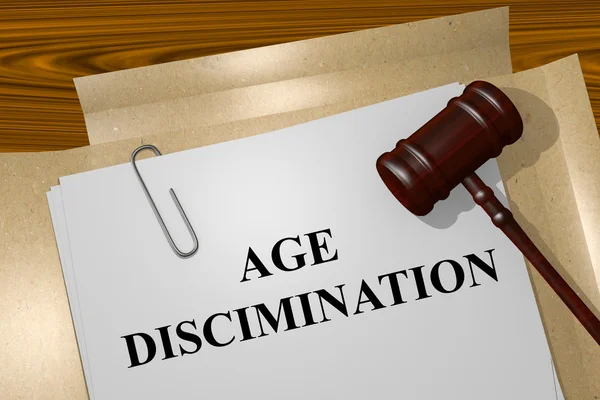Personal injury cases involve accidents where individual plaintiffs seek the damages they had suffered unintentionally or intentionally from another person. The settlement process for such cases usually involves several inquiries that patients find out most of the time. However, determining the timing to reach an agreement is the most crucial question among them. This examination centers on the multi-faceted driving forces that play out on the length of personal settlements in injury cases. If you are living in Corpus Christi, you should consider hiring a Corpus Christi personal injury lawyer for your legal lawsuit as they have knowledge and experience.
1. Depends on the Severity of Injuries:
Because of the consequences of brain trauma such as concussions, the severity and complexity of injuries require thorough and timely medical attention.
Tying down the settlement period to the crisis and degree of complicity of injuries that an individual circumstantially goes through is very essential. Getting to the bottom of cases where one party suffers a minor injury such as a soft tissue bruise or abnormal joint flexions compared to another major injury such as traumatic brain and spinal cord injuries that are long term may take some time.
Undergoing serious injuries in most scenarios demands surgical interventions not only being time-consuming, but illocution too. This results in higher medical costs as well as with the job time off, which in the long term could mean losing a lot of earning money. Subsequently, compensation negotiations run into complications, for the injured person and their lawyers have to assess precisely what the long-term financial impact of the injuries within a possible compensation package should look like.
Furthermore, serious injuries might demand further medical services, formal rehabilitation, and therapy that invariably puts more time in negotiating for a settlement. Medical professionals may consult with epidemiologists in order to be able to evaluate the cases and estimate the potential number of patients and their subsequent treatment. This gives wage on a reasonable compensation settlement, so it is necessary to conduct a comprehensive consideration of both the current and future related expenses, which is the cause of the length of the settlement process.
Moreover, severe injuries leave traces on one emotionally too. Victims can deal with psychological traumas, depressions, or anxieties, and, in some cases, they would have to attend more psychiatry services or do therapy. This attachment to personal emotions and psychology creates additional layers of complexity to the settlement negotiations, accordingly, the process might be long because parties involved look for a comprehensive and mutually acceptable resolution.
It is in the essence that the implications of traumatic injuries on the protracted settlement is the evidence of the commensuration of the level of the damages. In cases where there are serious injuries, there usually are extensive medical treatments, lot of financial losses that would be expected and, in some cases, emotional trauma which is part of both prolonged negotiations and surely a lengthy settlement process as well.
2. Liability:
Liability and fault liability are the important facts that determine the time of settlement in a personal injury case; insured or the insurance company of the at-fault party usually accept the liability. In cases where liability is undebatable and clear, say, in the rear-end car accidents or the slip and fall injuries resulting from careless property maintenance, the accident at-fault party’s insurer is highly likely to offer a quick settlement to be free from the stressing costs and uncertainties of lawsuits.
On the flip side, however, in instances where liability is a subject of contention or viewpoints are divergent, the negotiation process might be quite long and a settlement could possibly follow the same path. Likewise, it might be hard to determine which driver is responsible in the shared guilt in accidents with multiple vehicles or other similar crashes. Claimants might experience an agitated and lengthy claim procedure as the insurance companies apply comprehensive investigations, and legal strategies to avoid paying the compensation, or to prove that the victim’s action was part of the cause of the accident at which point their provider might assign fault to another party.
It is also of importance that the parties are prepared to be accountable and communicate with each other in a cooperative manner affecting the pace of settlements. In case one party block styles denies being responsible or there is no communication between the two parties these processes extend prolonging the process thus requiring interventions such as mediations or litigations to reach a resolution.
On the whole, the clearness of responsibility and the agreement on apology are pivotal things that influence the duration of personal injury negotiations. Whereas the protests of complicity in charge of liability may be resolved immediately, the controversy over liability and refusal to negotiate might make the settlement longer, requiring more time and resources, to reach the settlement.




